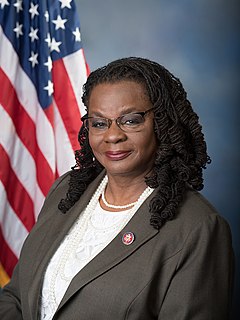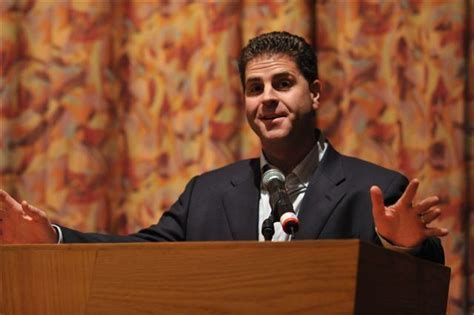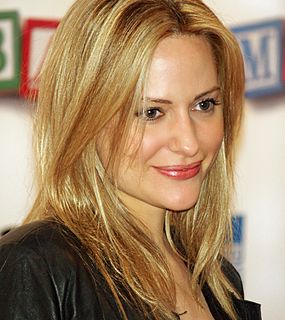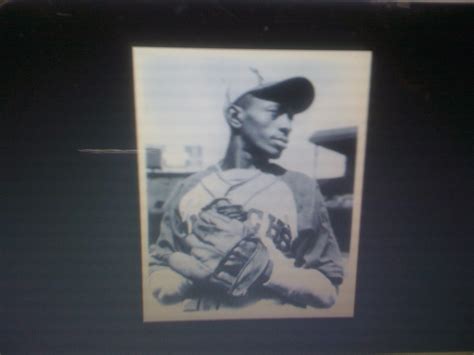A Quote by Tim Berners-Lee
The power of the Web is in its universality. Access by everyone regardless of disability is an essential aspect.
Quote Topics
Related Quotes
When I was 14, I spent a huge amount of time on the Internet, but not the Internet we know today. It was 1994, so while the World Wide Web existed, it wasn't generally accessible. Prodigy and CompuServe were popular, and AOL was on the rise, but I didn't have access to the web, and no one I knew had access to the web.
Privative appropriation and domination are thus originally imposed and felt as a positive right, but in the form of a negative universality. Valid for everyone, justified in everyone's eyes by divine or natural law, the right of privative appropriation is objectified in a general illusion, in a universal transcendence, in an essential law under which everyone individually manages to tolerate the more or less narrow limits assigned to his right to live and to the conditions of life in general.
Differences of power are always manifested in asymmetrical access. The President of the United States has access to almost everybody for almost anything he might want of them, and almost nobody has access to him. The super-rich have access to almost everybody; almost nobody has access to them. ... The creation and manipulation of power is constituted of the manipulation and control of access.
A savant, by definition, is somebody who has a disability and, along with that disability, has some remarkable ability. Prodigies and geniuses have the remarkable abilities that the savant shows, but they do not have a disability. So, by definition, a savant includes someone with a disability, and a prodigy or genius are people who have these remarkable skills but they do not have a disability.
Do you understand how there could be any writing in a spider's web?" "Oh, no," said Dr. Dorian. "I don't understand it. But for that matter I don't understand how a spider learned to spin a web in the first place. When the words appeared, everyone said they were a miracle. But nobody pointed out that the web itself is a miracle." "What's miraculous about a spider's web?" said Mrs. Arable. "I don't see why you say a web is a miracle-it's just a web." "Ever try to spin one?" asked Dr. Dorian.
































